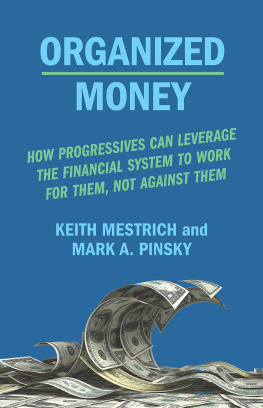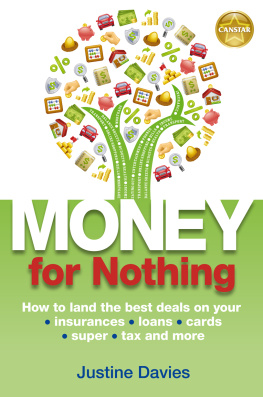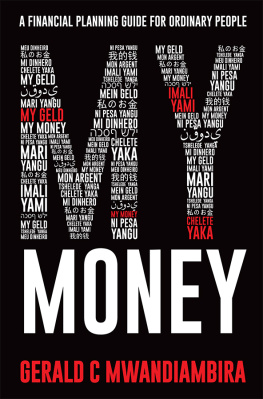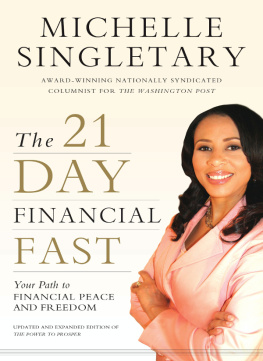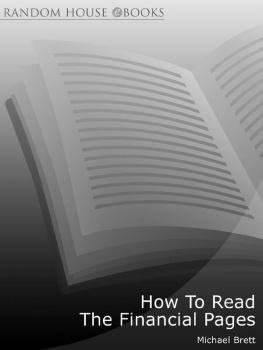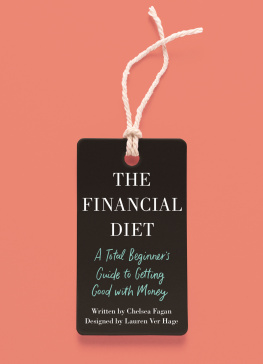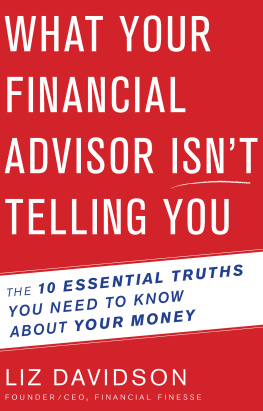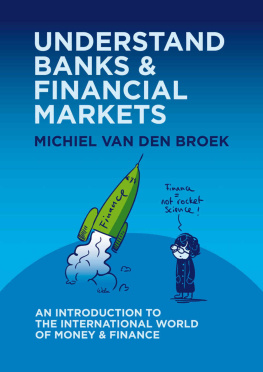
MORE PRAISE FOR ORGANIZED MONEY
Money is leverage and power. In this striking book, both wide-ranging and fast-paced, Keith Mestrich and Mark Pinsky show that if progressives organize our money as well as our people and our ideas, we can build the muscle to make profound and lasting change. Now is the time for a progressive financial network.
Felicia Wong, president and CEO, Roosevelt Institute
At a time of unprecedented and accelerating wealth inequality, Organized Money offers a breathtakingly bold vision to help level our countrys economic playing field. Mestrich and Pinsky, both pioneers in developing progressive financial system innovations, outline a strategy that cannot be ignored, even by those entrenched in the status quo.
Janet Murgua, president and CEO, UnidosUS
Organized Money lifts up the new inclusive economy we are building and explains that it cannot succeed without a financial system that moves beyond shareholder primacy.
Jay Coen Gilbert, co-founder, B Lab
and the B Corp movement
I have long held that the three Bs necessary for transforming our communities are the ballot, the book, and the buck. Utilizing their perspectives as seasoned activists and entrepreneurs, Mark Pinsky and Keith Mestrich succinctly lay out the case for the buck, clarifying a sometimes unnecessarily complex conversation.
Marc Morial, president and CEO, National Urban League
In this provocative and must-read book, Mestrich and Pinsky argue that the financial system is ultimately a public good, created by and for the public. And it should be governed as such. Organized Money provides a vision for a democratized financial system that serves, rather than exploits, we the people.
K. Sabeel Rahman, president, Demos, and author,
Democracy Against Domination
Organized Money is a compelling business plan for how we can bank and invest with truly progressive institutions, so each of us play a larger role in changing the world for the better.
John Hickenlooper, former governor of Colorado
Organized Money gives us a road map of how our nations business, tax, and regulatory policies simply make the rich richer and everyone else poorer. Mestrich and Pinsky go on to show us the solutions that progressives are exploring to use their capital to express their values, and how you can join them and fight back too.
Morris Pearl, chairperson, Patriotic Millionaires
Organized Money highlights the need to restructure and redirect the vectors of power and influence in the financial services industry. Mestrich and Pinsky provide us with provocative and unique perspectives and actionable ideas to move us off of the traditional path toward an alignment of capital flows, leadership, and values required to create the good society that works for all of us.
Chris Varelas, co-founder, Aspen Institutes Finance
Leaders Fellowship Program, and co-author,
How Money Became Dangerous

HOW PROGRESSIVES CAN LEVERAGE THE FINANCIAL SYSTEM TO WORK FOR THEM, NOT AGAINST THEM
KEITH MESTRICH AND
MARK A. PINSKY

To Tilney, the kids, Shorty, and all the employees, clients, and
customers of Amalgamated Bank
Keith
To Jennifer, Clara, and Nate
Mark
Give me a place to stand and with a lever I will move the whole world.
Archimedes
CONTENTS
.
.
.
.
.
.
.
.
PREFACE: THE PROBLEM

Its a heads they win, tails you lose game. What are your odds?

I n 2008, the financial system broke, causing trillions of dollars of damage throughout the economy. Many things changed in the riptide of the Great Recession, including personal financial habits, business practices, and presidents. People lost their jobs and struggled, lost their homes and moved, lost their savings and started over. Towns and cities grappled with economic volatility. Businesses slowed down, afraid to hire, and then cautiously grew. Foreign businesses took American market share. Inequality returned sharply to public awareness, while racial, gender, ethnic, and other forms of injustice made headlines, often bad news.
One thing that did not change, remarkably, is the financial system. The system that needed to change most did not change much at all because many of the people who knew it best and organized it had the most power and influence to shield it from change. They kept control of the institutions and the rules that governed them and made sure the future of finance worked an awful lot like its pastbut more profitably. Leading up to 2008, the financial system worked to maximize private profits by accepting federal government subsidy in the form of a safety netthe safety net that caught it when it collapsed. A decade later, it is largely the same.
It is a system of private gains and socialized losses.
On the campaign trail in 2008, Barack Obama drew a bright line around the financial services industry. Let me be perfectly clear, Obama said in Reno, Nevada, on September 30, The fact that we are in this mess is an outrage. Its an outrage because we did not get here by accident. This was not a normal part of the business cycle. This was not the actions of a few bad apples.
Obama laid it out plainly. This financial crisis is a direct result of the greed and irresponsibility that has dominated Washington and Wall Street for years. Its the result of speculators who gamed the system, regulators who looked the other way, and lobbyists who bought their way into our government. Its the result of an economic philosophy that says we should give more and more to those with the most and hope that prosperity trickles down to everyone else; a philosophy that views even the most common-sense regulations as unwise and unnecessary. And this economic catastrophe is the final verdict on this failed philosophya philosophy that we cannot afford to continue (emphasis added).
Candidate Obama sounded firm. If elected, he was promising far-reaching structural changeequitable change. He sounded as if he would take prisoners, including speculators, regulators, and lobbyists. To his progressive backers, it sounded like a call for progressive financial policy change rooted in a direct assault on conservative ideology, known as market fundamentalism. It seemed to be a call to action against the market fundamentalists. It sounded like a demand that private gains carry public responsibilities and deliver public benefits. It sounded as though an Obama administration would be ready to write that into law.
When Obama took the oath of office as president of the United States on January 20, 2009, nothing was more important or more urgent than fixing the financial system. His teamled by Secretary of the Treasury Timothy Geithner and National Economic Advisor Larry Summers, working hand-in-hand with Federal Reserve Board of Governors Chairman Ben Bernankewent to work.
Waiting for Obama in the Oval Office was a new report from a special panel convened by Congress to study the collapse of 2008 and recommend policy changes. As financial markets grew and globalized [over decades leading to the financial crisis], often with breathtaking speed, the Congressional Oversight Panels Special Report on Regulatory Reform lamented, the U.S. regulatory system could have benefited from smart changes. But deregulation and the growth of unregulated, parallel shadow markets were accompanied by the nearly unrestricted marketing of increasingly complex consumer financial products that multiplied risk at every stratum of the economy, from the family level to the global level. The result proved disastrous.
Next page
